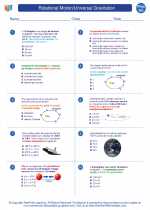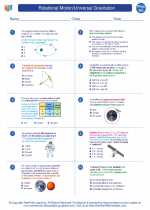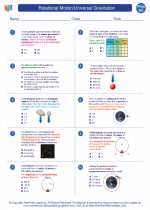Venus
Venus is the second planet from the Sun and is often referred to as Earth's "sister planet" due to their similar size, composition, and proximity to the Sun. It is named after the Roman goddess of love and beauty. Venus is often visible from Earth and is one of the brightest objects in the night sky.
Physical Characteristics
Venus has a thick atmosphere composed mainly of carbon dioxide with clouds of sulfuric acid, which causes a strong greenhouse effect resulting in its surface temperature being the hottest of all the planets in the Solar System.
It has a rocky surface with numerous volcanoes, impact craters, and vast plains covered by volcanic rocks. The surface is also marked by extensive tectonic activity.
Venus rotates in the opposite direction to most planets, a phenomenon known as retrograde rotation, and it has a very slow rotation period, taking about 243 Earth days to complete a single rotation. This means that a day on Venus (the time it takes for the planet to spin once on its axis) is longer than its year (the time it takes to orbit the Sun).
Study Guide
- What is the distance of Venus from the Sun?
- Describe the composition of Venus' atmosphere.
- Why is Venus the hottest planet in the Solar System?
- Explain the phenomenon of retrograde rotation and its significance for Venus.
- What are some prominent features of Venus' surface?
- How does the length of a day on Venus compare to that of its year?
These questions will help you understand the key aspects of Venus and its place in the Solar System.
.◂Physics Worksheets and Study Guides High School. Rotational Motion/Universal Gravitation

 Worksheet/Answer key
Worksheet/Answer key
 Worksheet/Answer key
Worksheet/Answer key
